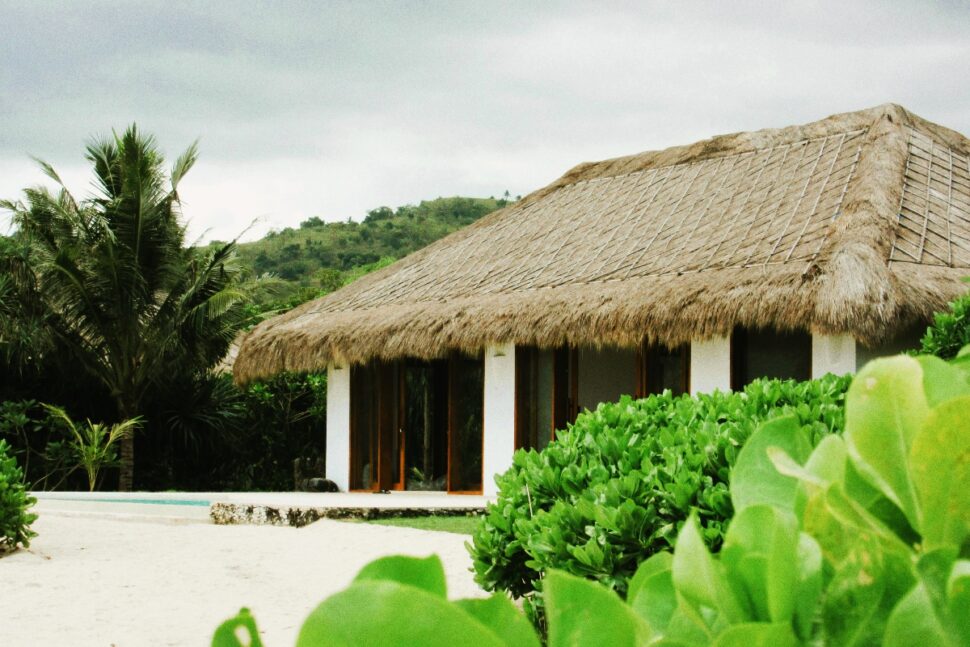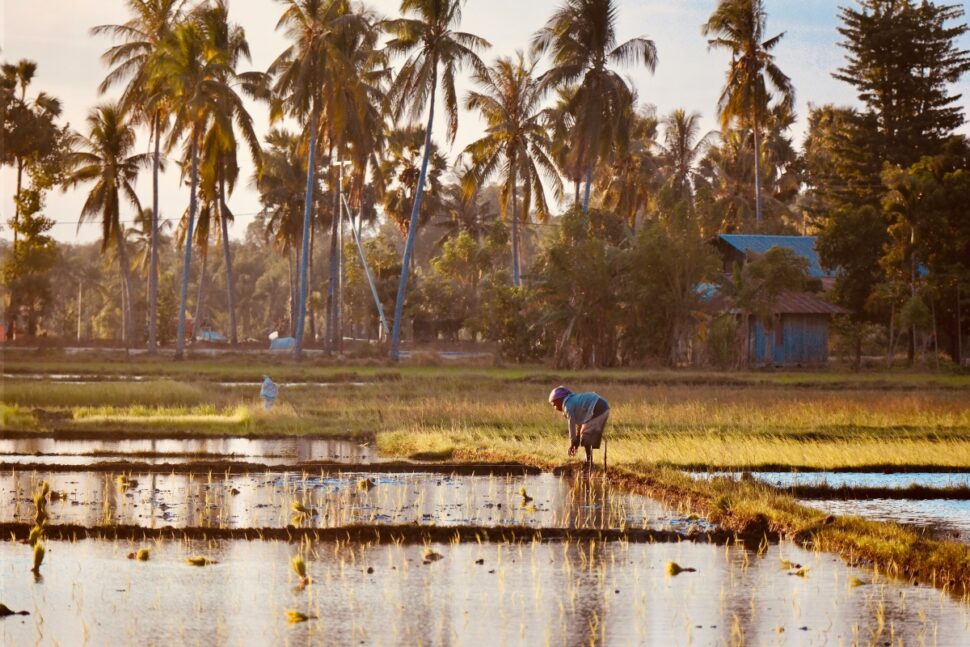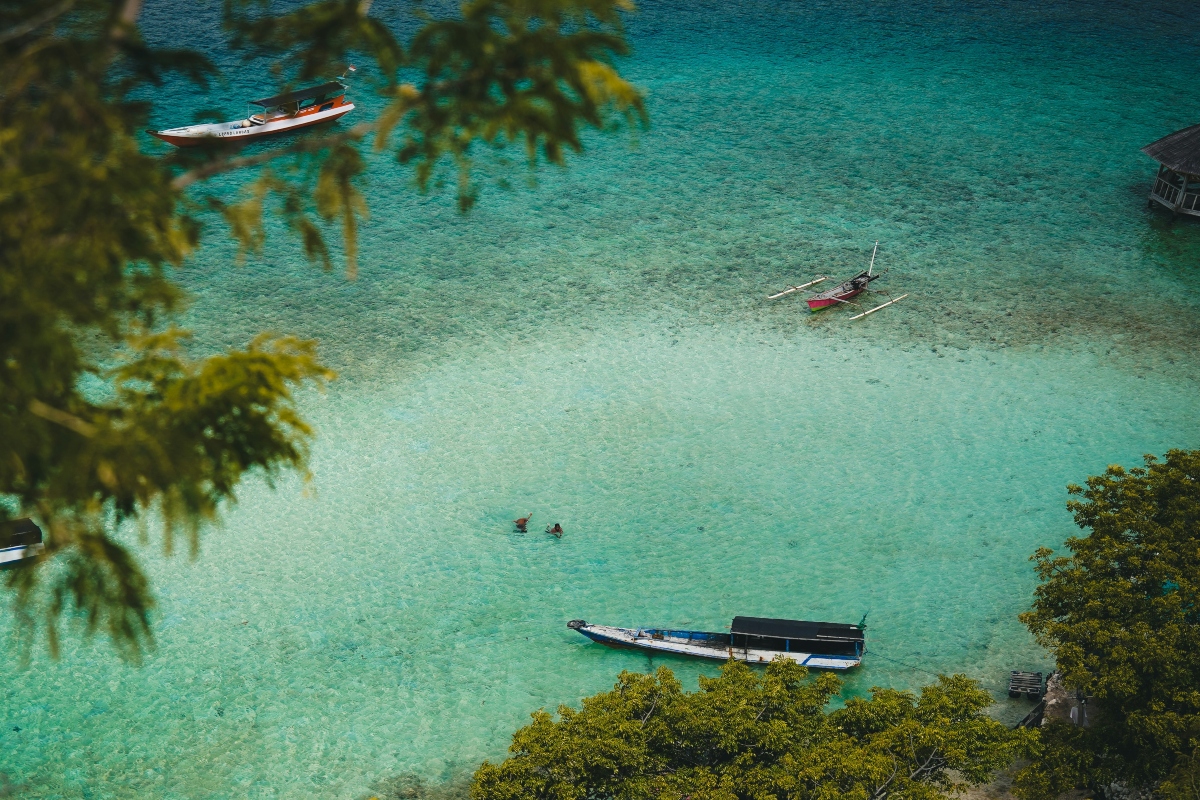As the home of over a thousand islands, Indonesia provides adventurers with more experiences than most have time for. If you’re tired of Bali, where everyone from everywhere seems to congregate, a trip to the mystical and isolated Sumba Island is what you need. Sumba, located in the southeastern Indonesian archipelago, offers a combination of pristine natural beauty, traditional customs, and a fascinating culture.
A Less Traversed Road

Sumba Island is still an unspoiled treasure compared to its more well-known neighbors. The untouched natural beauty and traditional way of life have been preserved thanks to its distant location and little infrastructure. The island is about the size of Bali but with a fraction of the tourists. This makes it an ideal destination for those seeking an unfiltered experience.
Sumba’s wild elegance will greet you the moment your feet touch its unspoiled land. Scenic savannas stretch out before you, peppered with megalithic tombs that have stood guard for generations. Diverse landscapes characterize the island, from lush rainforests to untamed beaches. You can’t miss the sheer cliffs that drop precipitously into the Indian Ocean’s foamy embrace. Incredibly captivating is the pairing of the arid terrain with the lively traditions of the Sumbanese people.
Ancient Traditions Alive And Kicking
Traditional practices on Sumba date back thousands of years and are still very much alive and well today, complementing your experience. The most famous of these traditions is the Pasola Festival, a thrilling display of bravery and skill that showcases Sumba’s equestrian heritage. The Pasola festival is held annually, with dates determined by the lunar calendar.
A simulated battle unfolds as mounted riders, with incredible accuracy, hurl wooden spears at one another. This practice has been around for a long time, and its original intent was to appease the spirits, which would then bring about a plentiful harvest. Attending the Pasola Festival is a truly immersive experience, and you’ll be swept up in the excitement and adrenaline. The Sumbanese are also famous for their elaborate and creative fabrics, known as ‘ikat.’ The technique of producing these fabrics is labor-intensive and demands exceptional skill.
Visiting local villages and experiencing exquisite weaving techniques passed down through generations is an enlightening experience. The brilliant colors and intricate patterns reveal stories about Sumbanese culture and its relationship to the natural environment. Don’t be surprised if you find yourself leaving with a piece of this living art as a keepsake of your journey.
The Remote Villages

While Sumba Island has its share of idyllic beaches, the remote villages genuinely steal the spotlight. One such village is Kampung Praiyawang, situated high on a hilltop with panoramic views of the surrounding countryside. Here, the people live in traditional huts adorned with buffalo horns and animal skulls. The villagers are incredibly welcoming, and you’ll have the opportunity to witness their traditional dances and music and even partake in a communal meal.
Another overlooked beauty is Kampung Tarung, located in the shadow of Mount Tambanarawu. This village is known for its megalithic tombs, which are still used today. The large stone slabs, beautifully carved, serve as the ultimate resting place for Sumbanese nobles.
Practical Tips For The Explorer
Sumba Island is a destination that requires careful planning to make the most of your adventure. Here are some tips to ensure your trip goes off without a hitch:
- Visa and permits: Check the visa requirements for Indonesia and obtain the necessary permits to visit Sumba, especially if you plan to explore remote areas.
- Cash is king: Many places on the island do not accept credit cards, so carry enough cash to cover your expenses.
- Respect the culture: While the Sumbanese people are incredibly welcoming, respecting their customs and traditions is essential. Ask for permission before taking photos, and put on the right clothes.
